
Dignitas founder Ludwig Minelli: ‘We should have the freedom to choose how we die’
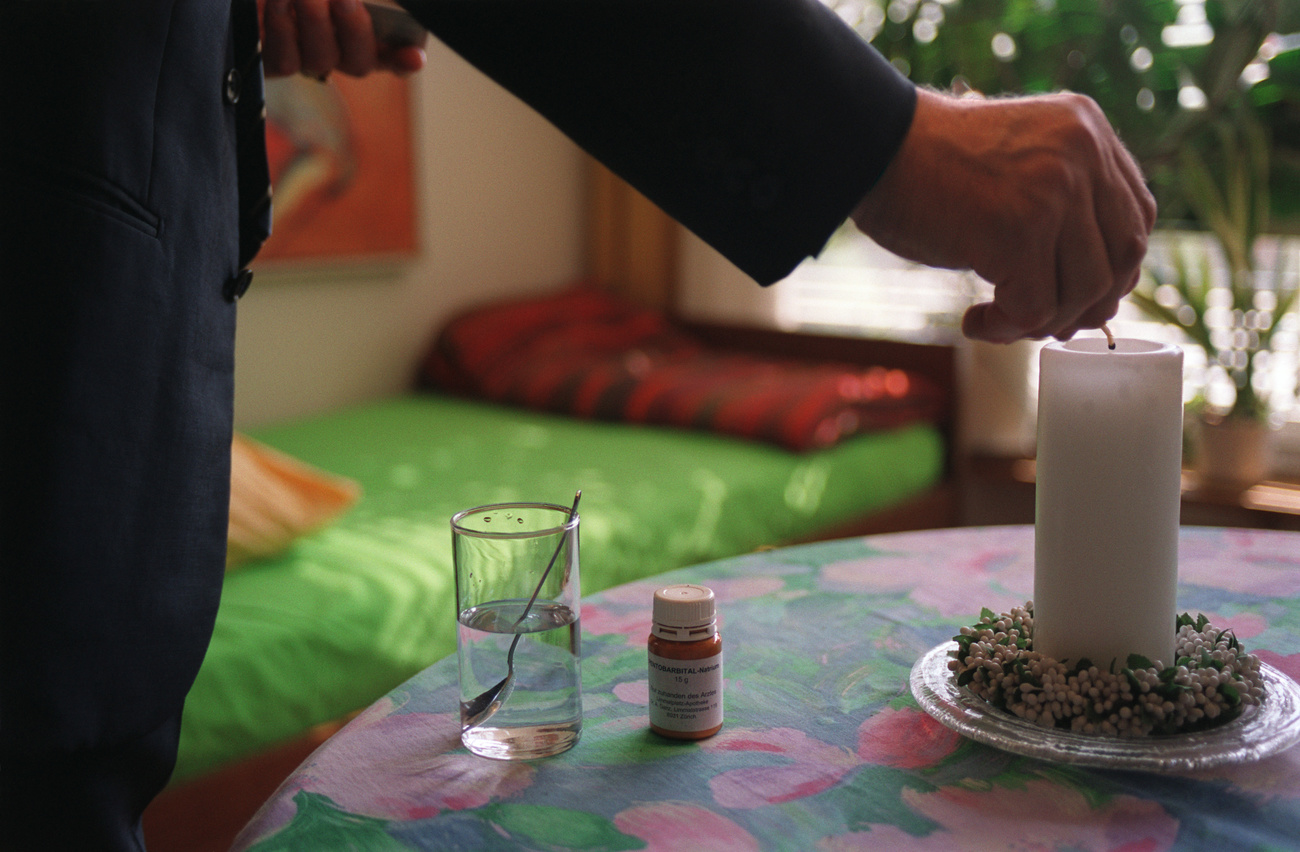
If you travel to Dignitas in earnest, you need various things: medical records, money, courage. Before I made the trip, I was given just one condition: do not reveal the address. Desperate people sometimes turn up at the offices unannounced.
Dignitas seems worried Financial Times readers might head to Zurich, demanding immediate discharge. It prefers that those interested phone up – which they do, especially after weekends and holidays and, I’m told, full moons.

To many people in Britain and beyond, Dignitas is synonymous with assisted dying. This month marks 25 years since it opened its doors in Switzerland, one of only a handful of jurisdictions worldwide that allows non-residents to seek help with suicide. It has facilitated the death of more than 3,700 people. On average, one Briton makes their final journey there every fortnight.
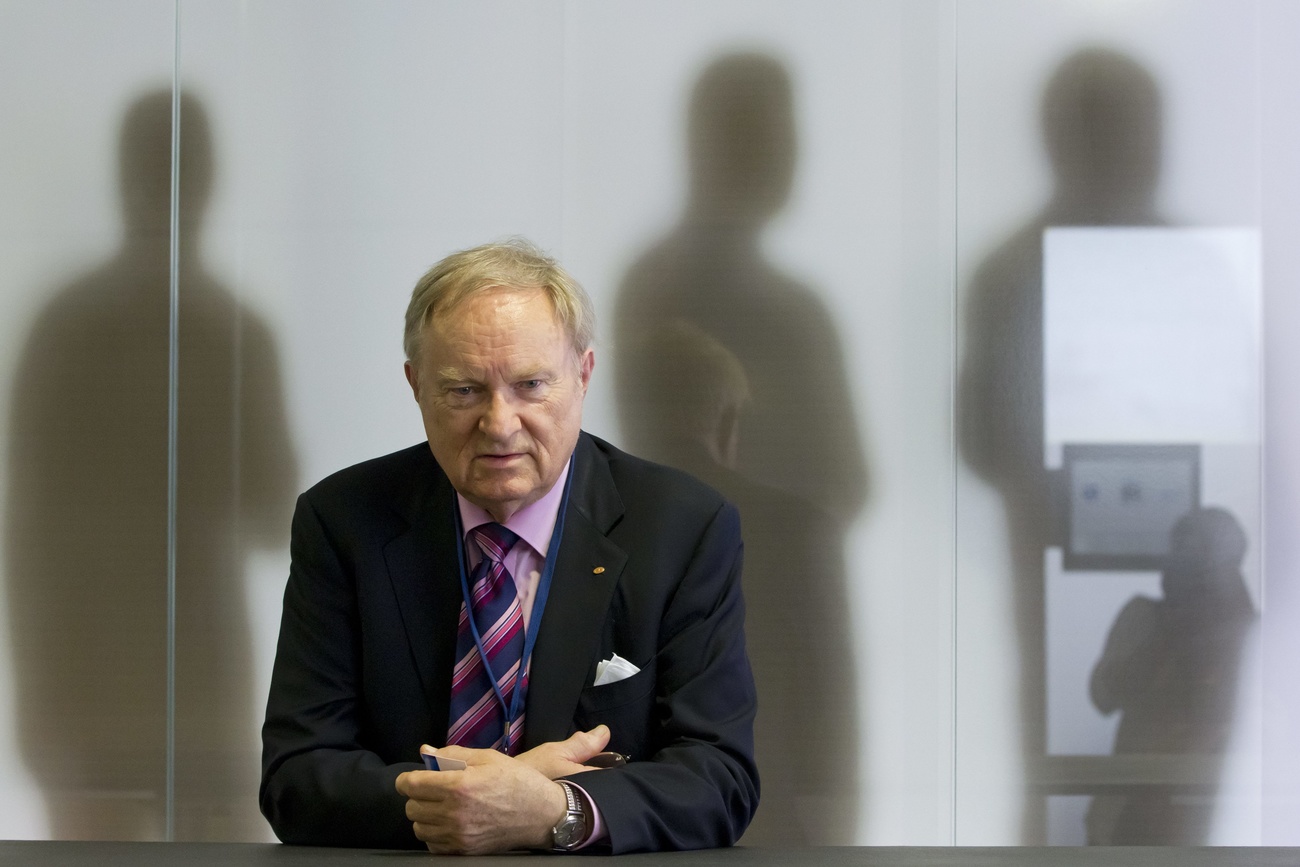
But Dignitas doesn’t measure itself solely, or even mainly, by those deaths. At its heart it is a campaign group, which wants worldwide recognition of what its founder, Ludwig Minelli, has previously described as “the last human right”. In its quarter century, its idea has spread: assisted dying is now legal in 10 countries, as well as several US states. French President Emmanuel Macron has promised to present a draft law by the autumn. Britain has lagged behind, even though three-quarters of the public support legalisation, but the authorities in Scotland and Jersey have pledged change.
Minelli, though, is more controversial than his cause. He calls suicide “a marvellous possibility”. He says assisted dying should be available to almost everyone, and so should euthanasia, where a doctor administers the poison. Five years ago, he was prosecuted for pushing Switzerland’s liberal suicide laws too far. He was acquitted but foreign campaigners often keep their distance, emphasising that they seek much narrower provision.
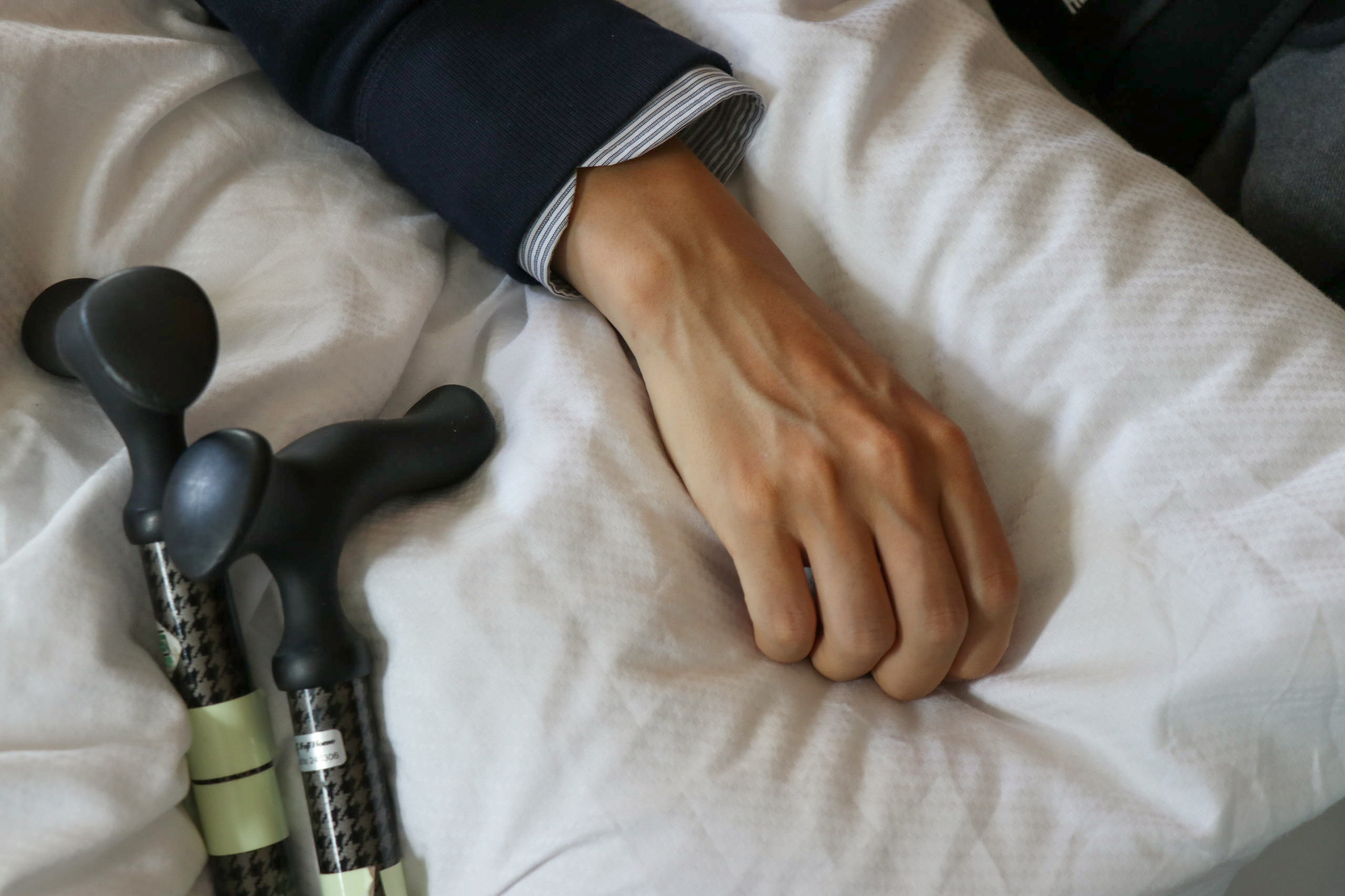
More
Yoshi travels from Japan to Switzerland to die
There is also an irony. Unlike those he helps, Minelli keeps going. He is 90. When I enter Dignitas’s nondescript offices in Zurich’s outskirts, he walks over to meet me – an orange-and-blue tie round his neck, a day’s stubble round his chin. He is focused, cheerful, active. “Three times a week, I have two hours of training!” he tells me, gleefully showing he can still touch each elbow on the opposite knee. “I’m working all day and half the night.” Here, I realise, is a poster boy both for early death and for long life.
Originally a journalist, Minelli qualified as a lawyer in his fifties and was captivated by the potential of the European Convention on Human Rights. Assisted suicide is legal under Switzerland’s criminal code, which came into force in 1942, and in the 1980s groups had emerged to advise people about end-of-life options.
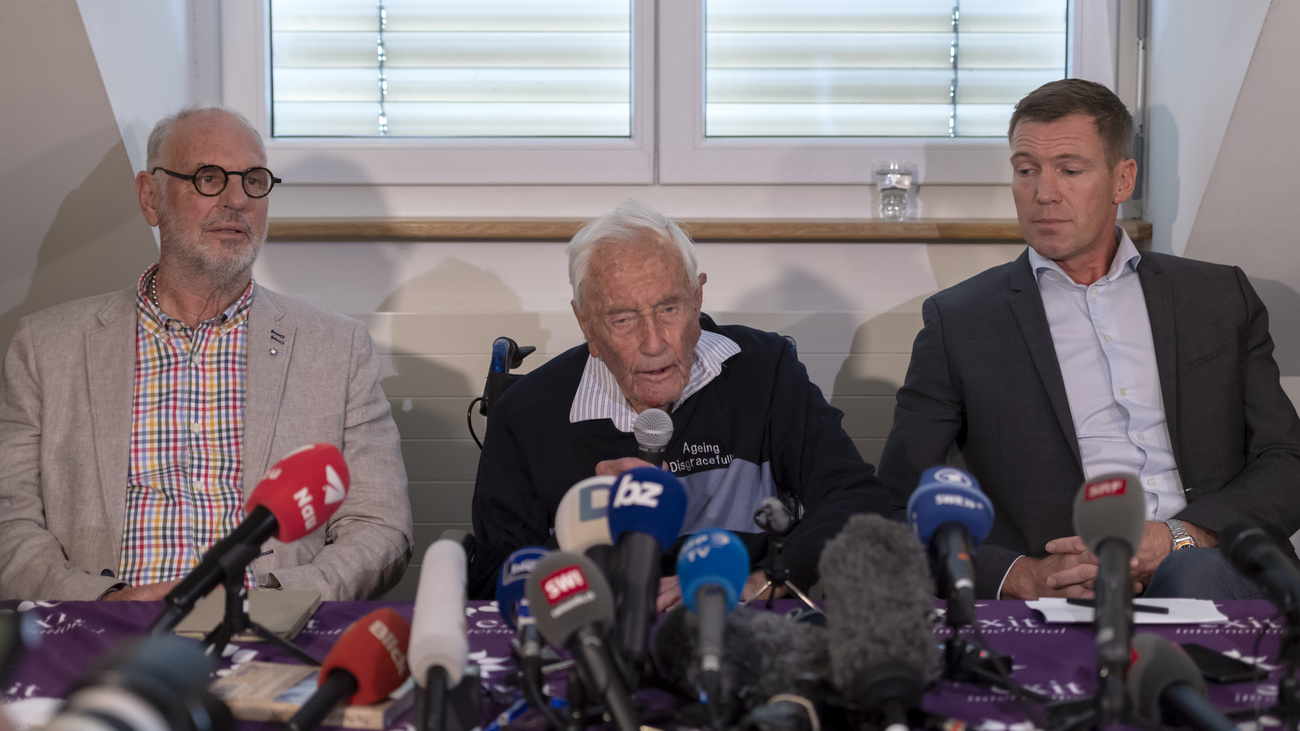
More
Foreigners fret over stricter Swiss rules on assisted suicide
Minelli, a lawyer at one group, left in a power struggle. He was thwarted at an internal meeting on a Saturday, and drew up the paperwork for a breakaway organisation called Dignitas the next day. “On Monday, we were operational.”
What does he see as a good death? He cites his paternal grandmother: “She was in her garden, looking at her flowers, then she fell down dead. No pain, no fear, just life then death. My other grandmother had big difficulties when she was dying. I heard what she said to her doctor, ‘Couldn’t you do something so that it goes faster?’ The doctor said, ‘Oh no, we are not allowed. But I will not do something that makes it longer.’” Dignitas is “the second best form of death. The garden is best!” – at least for the person involved.
The Swiss model allows doctors to prescribe life-ending drugs to an adult with the capacity to make the decision, as long as they are not acting out of selfish motives. Minelli would go much further. He would allow children as young as nine to choose death. He has two daughters – a marriage counsellor and a writer – and four grandchildren. “I know that children who are very sick have the capacity of decision from about nine or 10 years old.” He would also allow people to order their death in advance in case they lose their decision-making capacity: those with Alzheimer’s should be able to say, “if I am no longer able to know my wife or my children, I want that the doctor gives me my death”.

More
Swiss doctors adopt tighter assisted suicide guidelines
In such a world, how many people would choose an assisted death? 5%? “Lower.” Dignitas’s analysis shows that less than 2% of deaths are assisted. In the Netherlands, which has more liberal laws, it is 4%.
Change in some countries has come via the courts, with judges ruling that bans on assisted dying breach human rights. “The situation in Germany just now actually is even better [than Switzerland], because in Germany you may also act out of selfish motives!” laughs Minelli, his sense of humour verging on the macabre not for the last time. “This is not our idea,” he adds hastily.
In Britain, judges have ruled that parliament must decide, while the government has declined to give the issue parliamentary time. Since a 2009 decision by then director of public prosecutions Keir Starmer, people who accompany their sick loved ones to Dignitas are unlikely to be prosecuted. But some still face police investigation.
Critics say vulnerable people can be pressured into choosing suicide, and that legalising assisted dying removes the incentive for better palliative care. Nonsense, says Minelli. “A lot of people choose assisted dying after a long period of palliative care.” In Oregon, which restricts assisted deaths to those with less than six months to live, 89% of patients cited quality of life as a concern, while only 6% mentioned the cost of continued treatment. Dignitas’s patients tend to be well educated, having been used to independent lives.
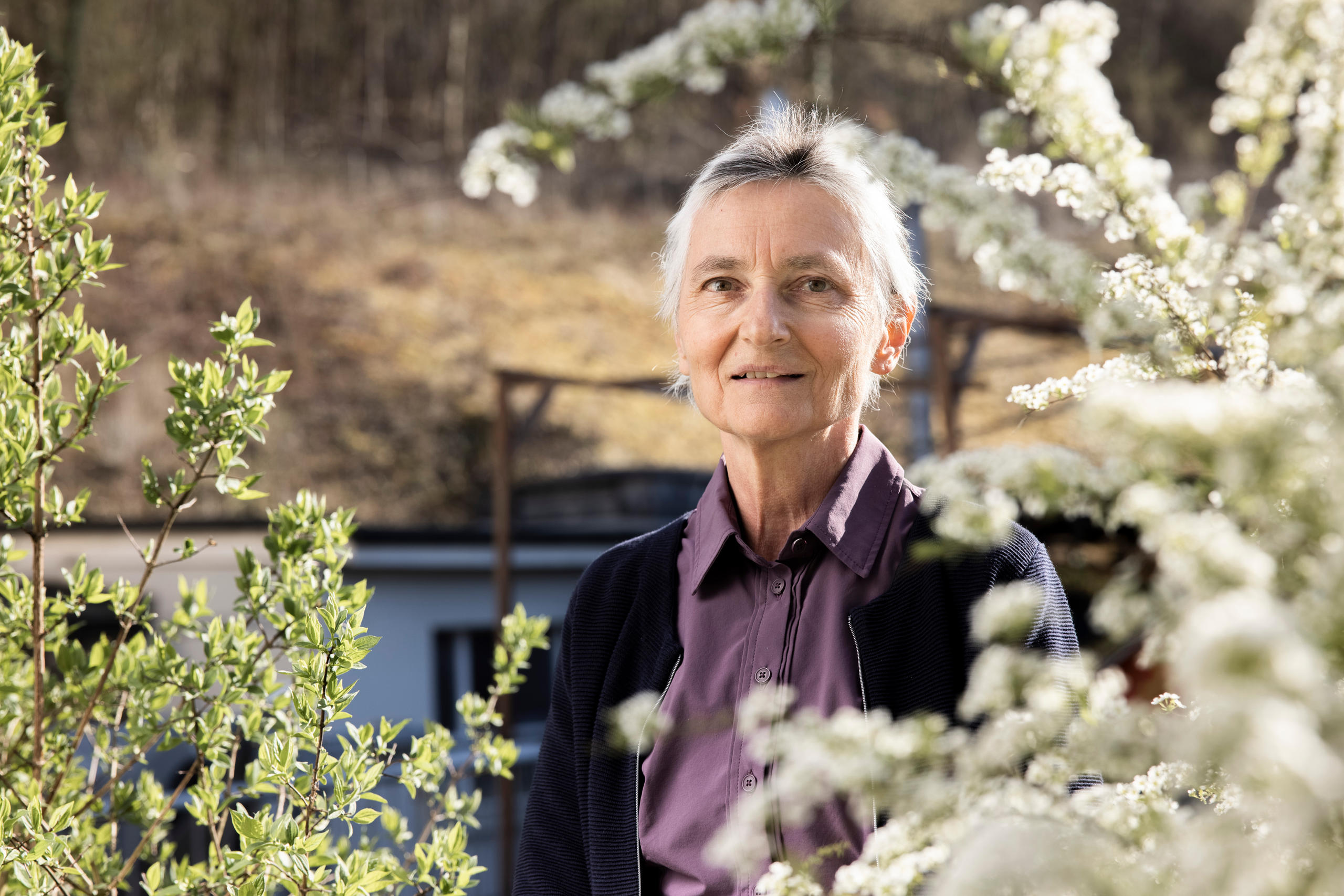
More
‘I don’t want to kill anybody’
One 2008 study found that a significant minority of those choosing assisted suicide were not terminally ill, and may have been simply weary of life. That doesn’t bother Minelli. “I respect their freedom, and I respect they have other ideas than mine.”
He is driven by an “outrage” at restrictions on suicide, religious in origin, which prolong suffering and make people “neurotic” not “happy”. To him, assisted death is the logical corollary of medical advances that allow people to be kept alive. “We should have the freedom to choose at the end of life how we should die – where, with whom.”
Voters have agreed. In 2011, 78% of Zurich voters opposed outlawing assisted suicide for foreigners. Last year, 76% of voters in the canton of Valais voted to allow assisted suicide in hospitals and care homes.
Minelli is less popular, but he claims not to care. The 2018 court case against him centred on whether he had had selfish motives in arranging the death of a woman who was proposing to leave Dignitas CHF100,000 ($112,000) in her will. Three doctors declined to help her die, but Dignitas found a fourth who would. Questionable, but legal. “I know the limits,” says Minelli.
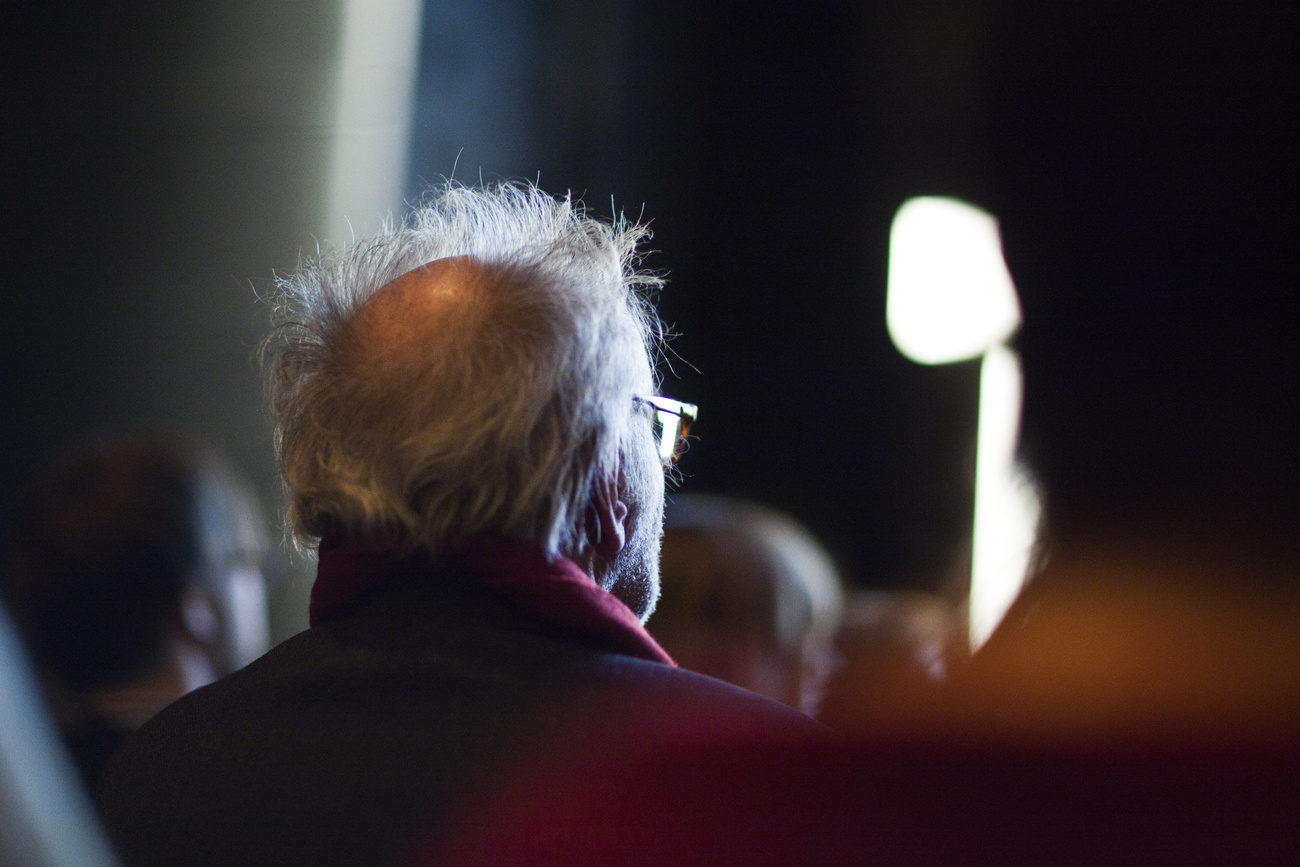
More
Godard’s assisted suicide – not an option everywhere
But does he? A decade ago, he was accused of loading his car full of urns of ashes of Dignitas members, and dumping them unceremoniously in Lake Zurich; he was reported to have admitted it. At this point, Minelli’s colleague Silvan Luley interjects: “First of all, he didn’t – it’s not him.” Minelli’s denial is less conclusive. “We are just following their wishes.” So he dumped the urns? “I don’t answer those questions,” he chuckles.
How has thinking about death affected Minelli’s life? “Death is a part of life, and I think it’s essential that everybody should think that they will die one day.” People need to organise their affairs.
Does he want to live to 100? “If I’m in the condition I’m in now, I would like to have my 100, my 110. I’m working, I’m interested in what is happening in the world, I’m interested in what is happening at Dignitas. I see every email coming in and going out. I’m still laughing about parliaments making laws [limiting assisted dying to those whose life expectancy is] only six months: what a stupidity. I know my Mark Twain: prognoses are difficult, especially about the future.”
I ask if he has ever had a moment where he wanted to die. “No, never.” He would like to die like his grandmother, collapsing in the garden. Has he had all the conversations that he wants? “I’m prepared, I know that every day I can die.” But when I press him, his view is starkly practical. He tells me the previous night, after midnight, he checked his bank statements and updated his records. The next day his younger daughter is due to spend the whole day getting to grips with his computer and book-keeping.
On the day we meet, a man is due to die in Dignitas who first contacted him in 2011. The organisation, with its 30-odd part-time staff, will outlive Minelli. Nearly 12,000 people are members, who pay a one-off joining fee of about CHF220 and an annual subscription of at least CHF80, although most will probably never take up the option.
Minelli is a jovial person to talk to, but not an emotional one. “If I would have my life once again–” he begins. I hold my breath expecting, finally, a moment of vulnerability. “I would try to buy a house earlier. I rented for many years.”
After two hours, his hearing aids are faltering; he finds it easier to speak in German. But his determination is undimmed. “I’m convinced that all over Europe, even beyond, the majority of people are ready and want it – assisted dying and euthanasia . . . Yesterday I learnt that the [Supreme] Court of India has said there is a right to die!”
I leave Zurich, having seen how making change is not always a popularity contest. In a world of grey, Minelli knows the value of finding something that you see as black and white – and clinging on to it for dear life.
This article has been amended since first publication, including clarification of the legal status of assisted suicide in Switzerland.
Copyright The Financial Times Limited 2023

In compliance with the JTI standards
More: SWI swissinfo.ch certified by the Journalism Trust Initiative

























You can find an overview of ongoing debates with our journalists here . Please join us!
If you want to start a conversation about a topic raised in this article or want to report factual errors, email us at english@swissinfo.ch.